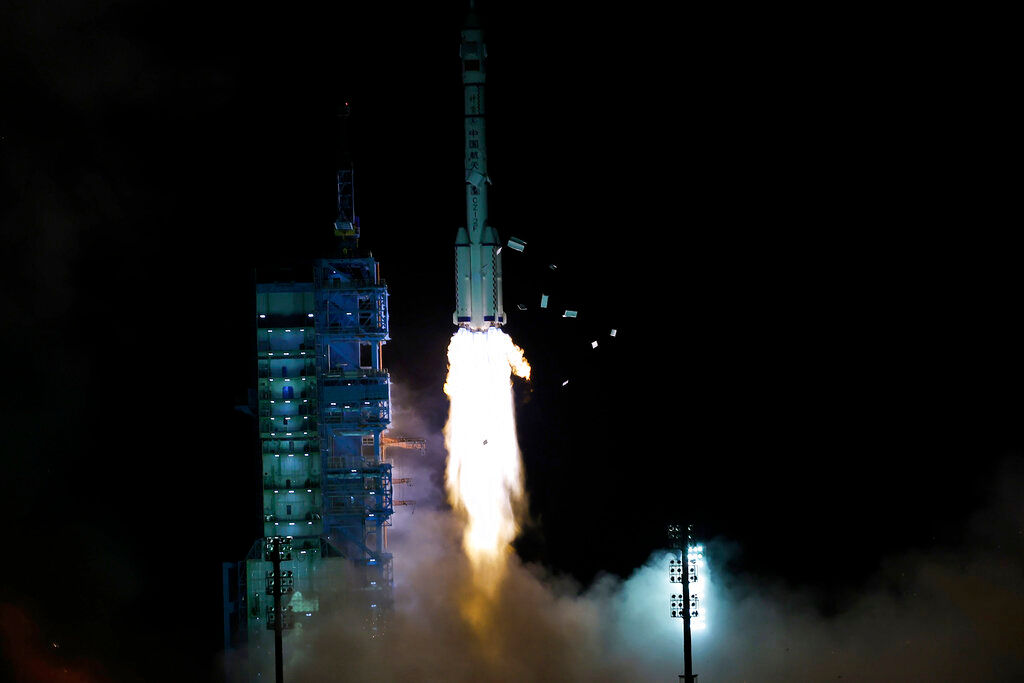China recently tested a hypersonic, nuclear-capable missile that missed its target by over 20 miles (32 kilometers), according to a media report. Beijing launched the hypersonic glide vehicle that circled the Earth at low orbit in August through a Long March rocket. The launch was unusually kept under the wraps even as China’s progress on hypersonic weapons “caught US intelligence by surprise,” Financial Times reported on Saturday.
China, United States, Russia and at least five other countries are working on hypersonic technology that can deliver nuclear weapons at more than five times the speed of sound.
Their low trajectory also allows hypersonic missiles to reach a target more quickly than ballistic missiles and potentially escape defense systems such as the ones developed by countries like US against cruise and ballistic missiles.
Upcoming rocket test may launch South Korea’s space programme
China sees the hypersonic technology as crucial to defend against US gains in hypersonic and other technologies, according to a US Congressional Research Service (CRS) quoted by news agency AFP.
The test comes as tensions have been high between China and US amid Beijing’s military posturing toward Taiwan, which considers itself a sovereign state.
Earlier this month, China sent a record number of military jets into Taiwan’s air defence zone, prompting the US to express serious concern over the “provocative” actions.
China could invade Taiwan in 2025, warns Taiwanese Defense Minister
Meanwhile, Chinese astronauts on Saturday began their six-month mission on the country’s first permanent space station.
The astronauts, two men and a woman, were seen floating around the docked spacecraft before speaking via a live-streamed video.
Wang Yaping became the first Chinese woman to board the Tiangong space station, and is expected to become China’s first female spacewalker, according to Associated Press.
“We’ll co-operate with each other, carefully conduct maneuvers, and try to accomplish all tasks successfully in this round of exploration of the universe,” said Wang in the video.







